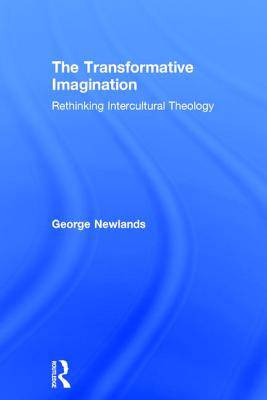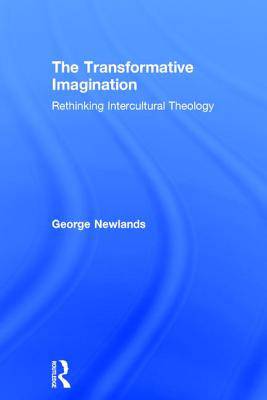
- Retrait gratuit dans votre magasin Club
- 7.000.000 titres dans notre catalogue
- Payer en toute sécurité
- Toujours un magasin près de chez vous
- Retrait gratuit dans votre magasin Club
- 7.000.000 titres dans notre catalogue
- Payer en toute sécurité
- Toujours un magasin près de chez vous
The Transformative Imagination
Rethinking Intercultural Theology
George Newlands
Livre relié | Anglais
74,95 €
+ 149 points
Description
At the beginning of the twenty-first century there is an increasing tendency to retrenchment within the Christian churches and among other world religions. Religious fundamentalisms are on the increase. In Europe, at least, there is an accelerated decline in church membership. In theology there is a corresponding move away from addressing basic theological issues in the contemporary world, towards increasingly technical interpretation of historical tradition. This book draws on the strengths in classical liberal traditions in theology, augmented by other perspectives, to present a creative proposal for the future of theology and society. George Newlands explores the nature, scope and limits of an intercultural Christian theology, setting out a working model for a new open theology which relates theology and culture. Contributing to the cumulative effort to re-imagine faith in the contemporary world, a focus on the Christian understanding of God lies at the heart of this book. Exploring the interface between theology and particular cultural activities, The Transformative Imagination engages with politics, literature, philosophy and other humanities, and the natural sciences. The relationship between theology and the social and geographical sub-cultures which characterize human life, is explored through diverse examples which make connections and initiate dialogue. Connecting Christian theology and human rights, religion is seen to link constructively with some of the most intractable problems in contemporary global conflicts of interest. Theology is re-situated as a team player, a catalyst to facilitate dialogue in contrast to triumphalist theologies of the past.
Spécifications
Parties prenantes
- Auteur(s) :
- Editeur:
Contenu
- Nombre de pages :
- 206
- Langue:
- Anglais
Caractéristiques
- EAN:
- 9780754638278
- Date de parution :
- 22-11-04
- Format:
- Livre relié
- Format numérique:
- Genaaid
- Dimensions :
- 156 mm x 234 mm
- Poids :
- 467 g







